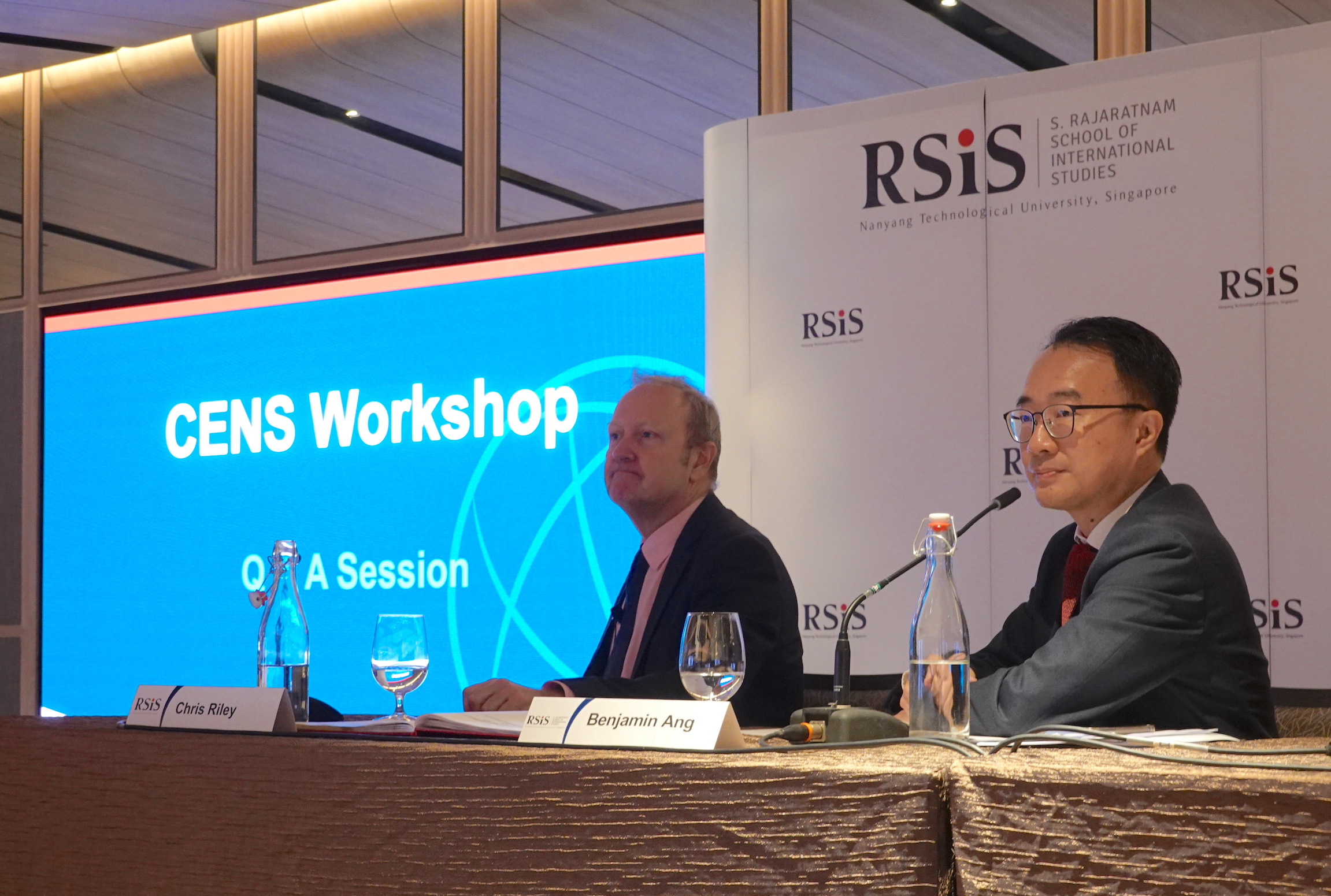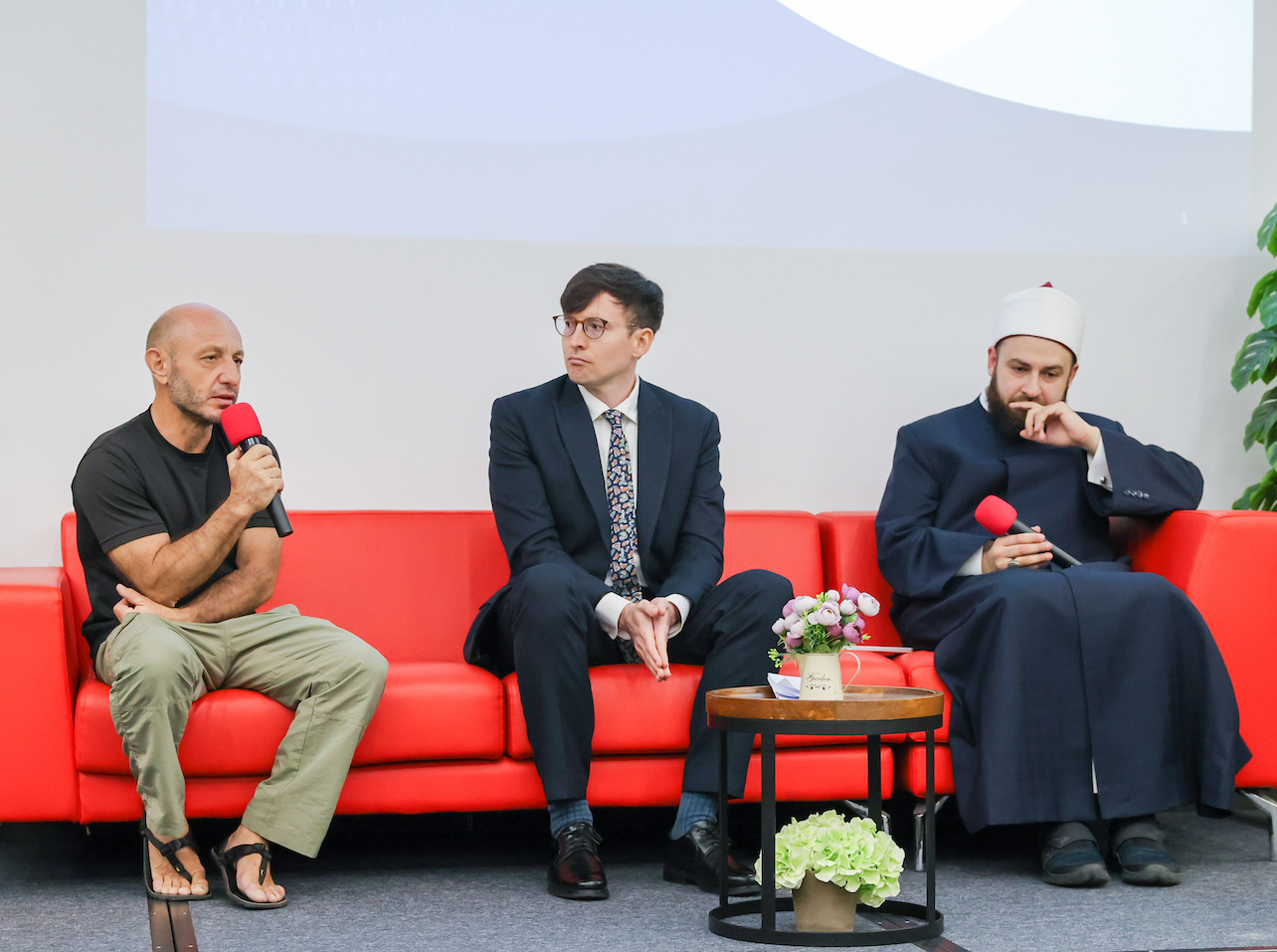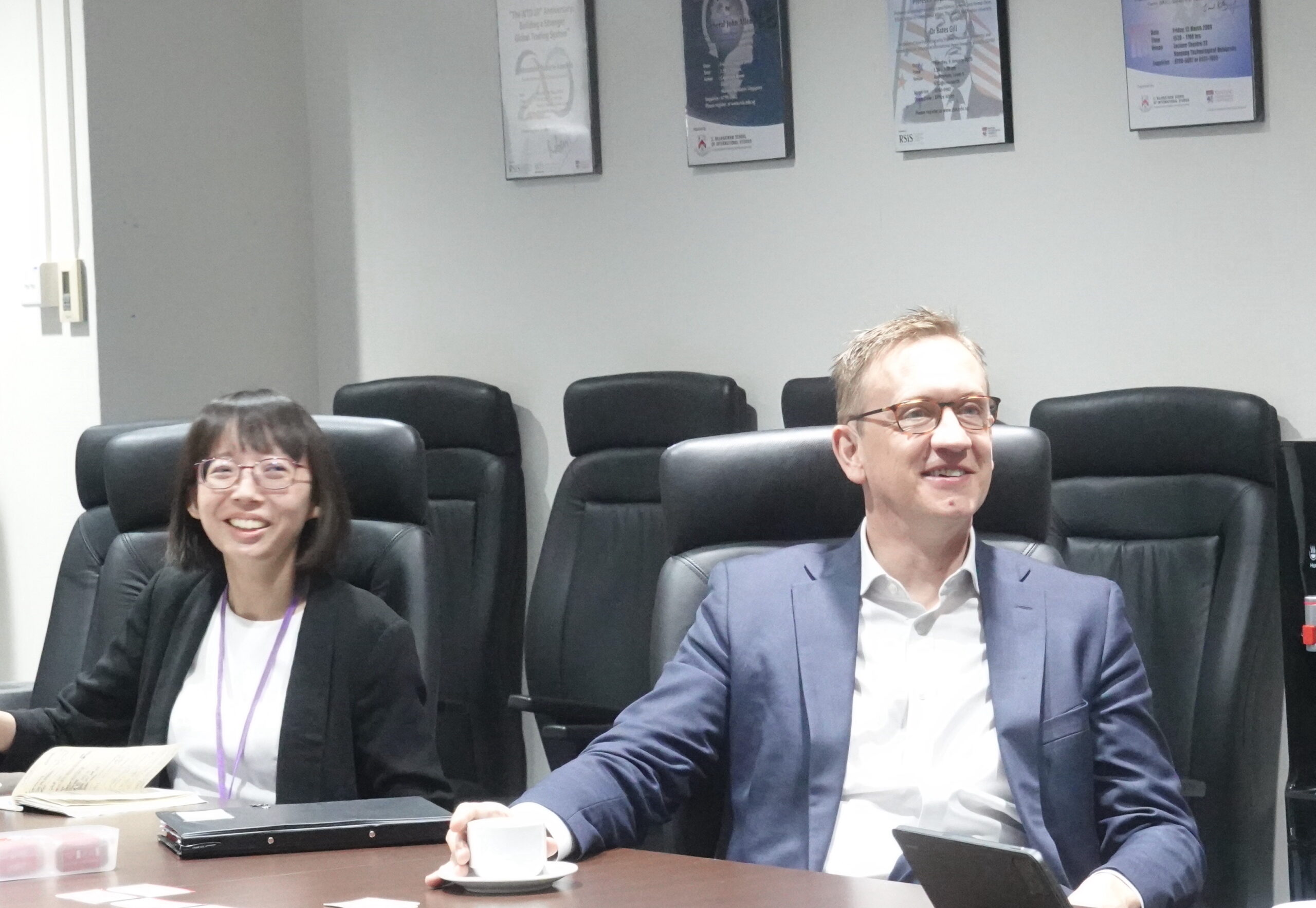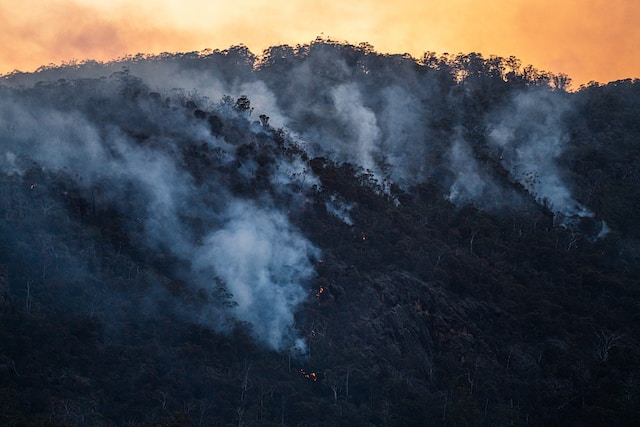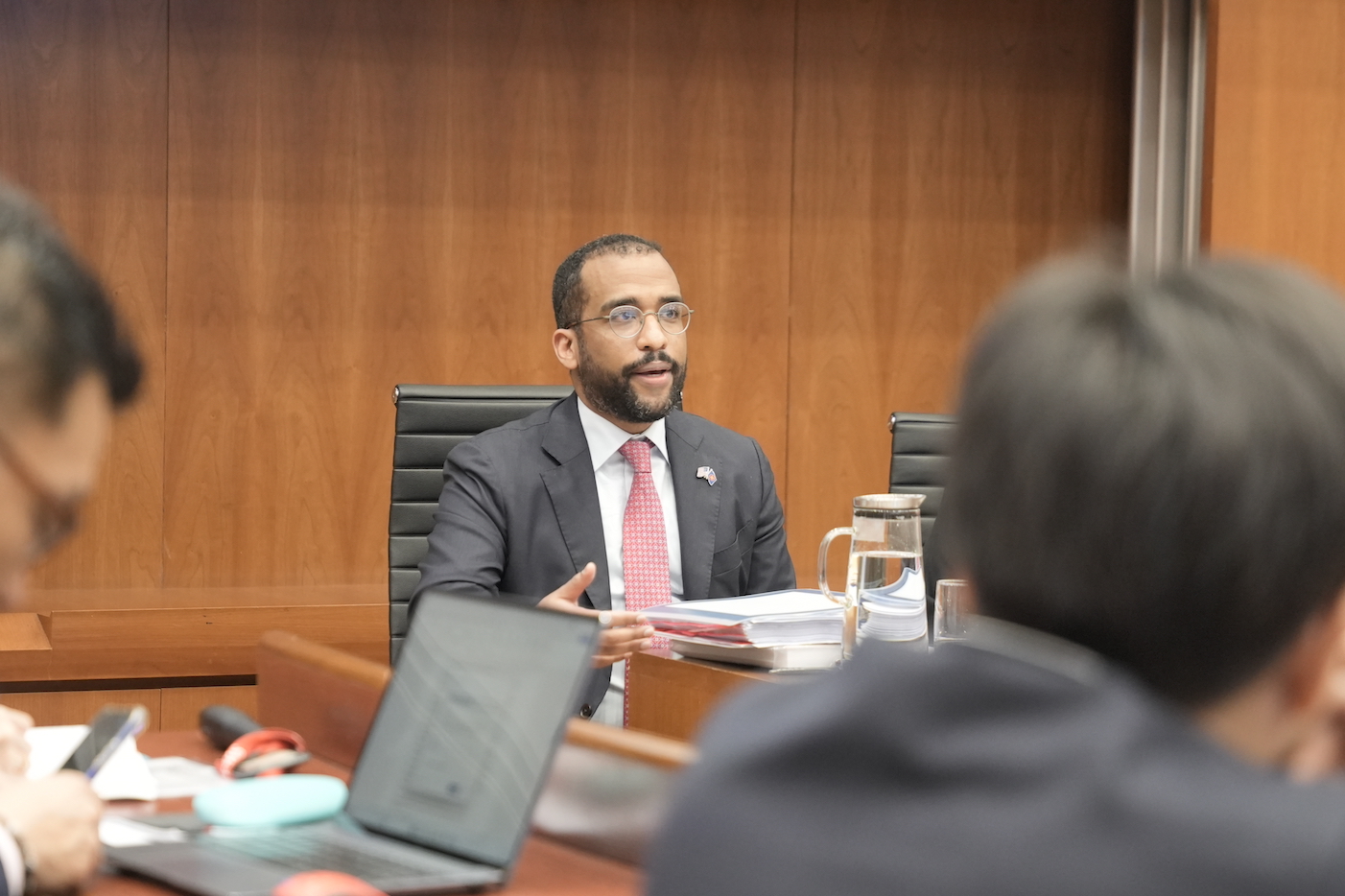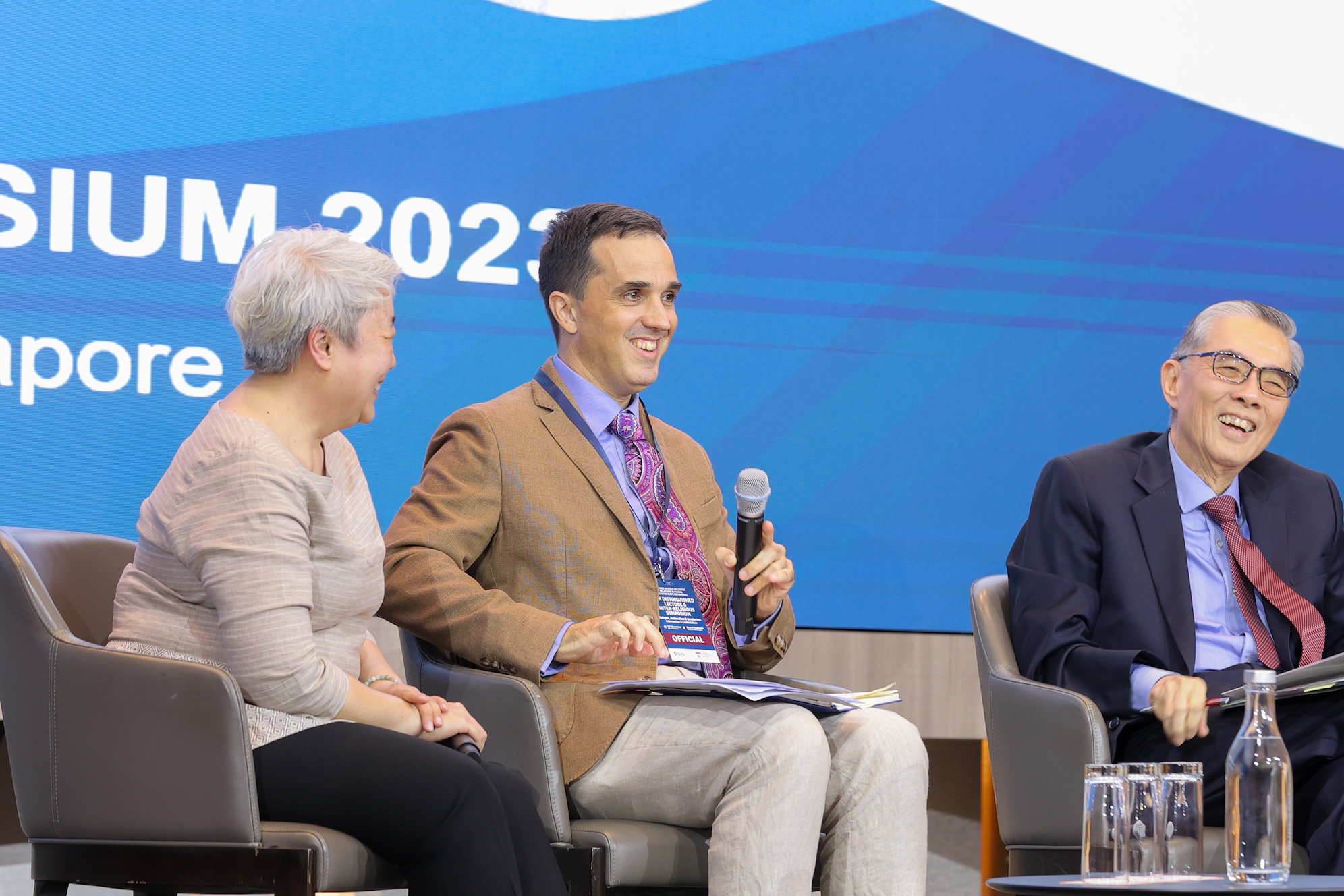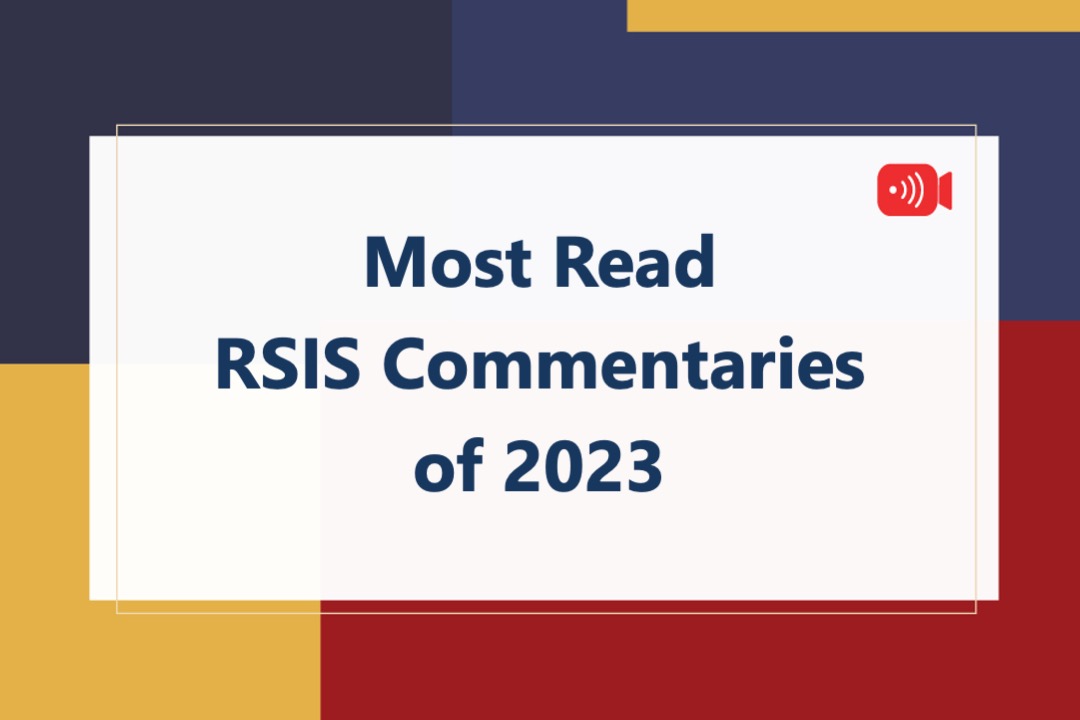

“Secularism and the Re-emergence of Hindu Nationalism: Tensions and Challenges” was the focus of a seminar organised by the Studies in Inter-Religious Relations in Plural Societies (SRP) Programme on 16 November 2023. The seminar featured prominent secular studies scholar Prof Rajeev Bhargava, a professor at the Centre for the Study of Developing Societies in New Delhi, and the director and honorary fellow at the Parekh Institute of Indian Thought.
Prof Bhargava began the session by stating that Indian secularism is in deep crisis. Hindu nationalists have taken active steps to capture the state to form a Hindu one that they can call their own. According to him, India’s “principled distance” secularism have neither stymied such encroachments, nor discouraged religiously assertive behaviour from growing in society. While critical junctures that led to this state of affairs are important to recognise, Prof Bhargava asserted that a deeper contradiction afflicting secularism in India is particularly at play – the foreignness of not only secularism as an idea, but more crucially, that of religion.
Prof Bhargava acknowledged how counter-intuitive that claim may sound. Afterall, India is the “birthplace” of many renowned religious teachings. However, in tracing the genealogy of these beliefs, practices, and traditions, he demonstrated how the concept of religion is a modern and reductive “interpretive category”. It subsumes many traditions as “religions” – mutually exclusive and competitive. This, he argues, fails to reflect the reality of many of these traditions.
Consequentially, secularism uncritically presupposes such categorical truths, treating different devotional communities as bounded religions that require regulation and management to peacefully coexist. In attempting to do so, Indian secularism handicaps itself by unintentionally reproducing the effect of “religionization,” inflating religious differences which would have been otherwise seen as unproblematic to wider society.
Prof Bhargava’s insightful sharing was followed by a lively Q&A session. The session allowed for more intimate and in-depth discussions about the history of religion which he shared, the role of youths against the backdrop of Hindu nationalism’s rise in India, and bad-faith Hindu nationalist appropriation of secular discourse.



